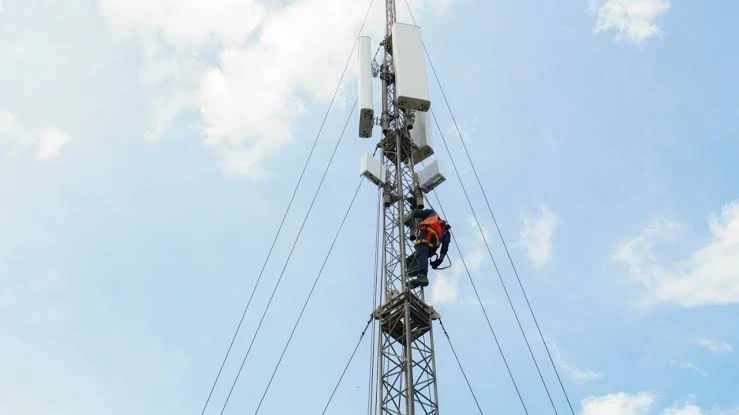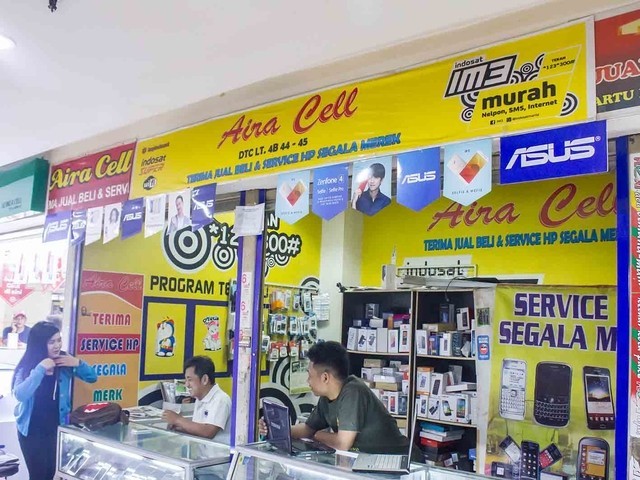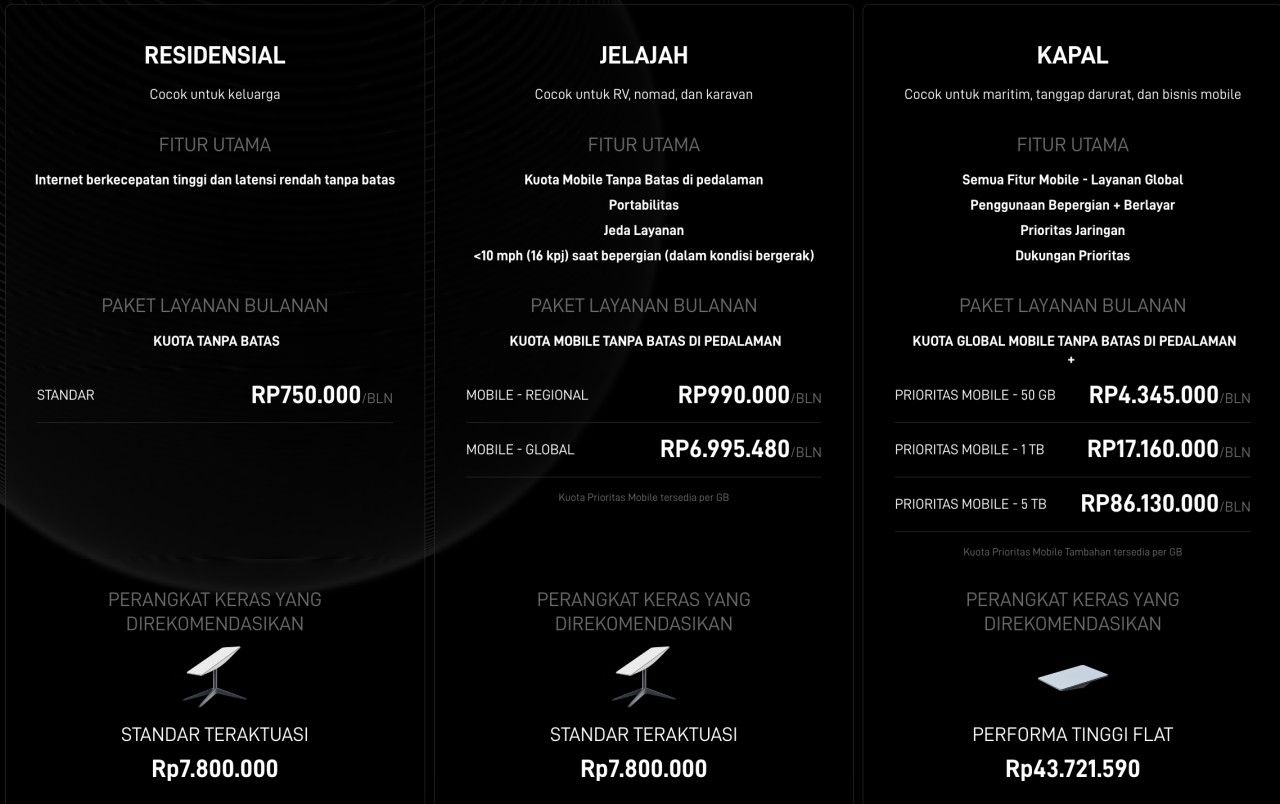Bali continues its push to attract digital nomads. Officials have promised to soon eliminate 5G dead zones on the island.

One of Indonesia’s largest telecommunications companies, Telkomsel, confirmed its plans to expand its Hyper 5G network coverage in Bali. This announcement comes amid promises by Indonesian leaders to improve digital connectivity and internet speeds across the country, aiming to position Indonesia as a global leader in digital development.
Telkomsel's Chief Marketing Officer, Derrick Heng, confirmed that the company is focusing its 5G expansion in two key areas of Bali: Denpasar and Badung, which includes Bali’s most popular tourist destinations — Nusa Dua, Kuta, Uluwatu, Canggu, Seminyak, Legian, and Jimbaran. These areas were selected due to their high potential for technological development and their large number of internet users, both locals and tourists.
Heng explained, "We want to ensure that Bali, as one of the world’s most popular tourist destinations, can provide 5G connectivity that meets international standards. With 5G, we hope to open up more opportunities for progress in Bali, not only in tourism and business but also in public services."
The expansion plan was prompted by the growth of small and medium-sized enterprises in these areas and the increasing demand for international roaming due to the rising number of tourists.
Telkomsel already has 67 5G locations in Denpasar and 136 in the Badung region. In total, there are 225 Hyper 5G spots in South Bali, with more to come soon. Currently, 5G coverage is available in Kuta, Canggu, Nusa Dua, and Sanur.
Telkomsel's Network Director, Indra Mardiantna, confirmed, “We are committed to providing reliable, high-speed internet access across all of Bali.” Telkomsel is also working to make its services more affordable. In addition to the popular tourist SIM card packages, Telkomsel is increasing the availability and size of its data plans. The price for the Super Seru 5G package, which offers double the data quota compared to the basic package, starts at 60,000 Indonesian Rupiah for 50 GB. Mardiantna emphasized that this offer is specifically designed to encourage subscribers to adopt 5G technology.
When asked about expanding coverage to other tourist hotspots, Telkomsel stated that it continues to roll out 5G coverage across Indonesia, giving equal attention to industrial, residential, and tourist areas prioritized by the Ministry of Tourism and Creative Economy. This includes Lake Toba, Lombok, and Labuan Bajo, a popular destination for Bali visitors due to the world-famous Komodo National Park.
Another major Indonesian telecom company, Indosat Ooredoo Hutchinson, has begun upgrading coverage in Ubud. The mobile operator announced the construction of a powerful transmission tower in the heart of the world-famous Monkey Forest. Indosat's Chief Technology Officer, Yose Navirianto, confirmed that the tower was painted green to blend in with the natural surroundings.
“Our tower in the Monkey Forest is part of the traditional Padangtegal village area, so the village can use its signal to enhance the community and boost tourism,” Navirianto said.
The 55-meter tower was placed in Ubud's Sacred Monkey Forest after data analysis showed that the location had the best potential for coverage and is a hub for Ubud’s business and residential zones.
“In addition to bringing communities together around the tower, it will also improve service and network quality for international and domestic tourists who want to stay connected with their families from afar,” Navirianto added. He confirmed that the tower is equipped with a permanent generator, so signal and connectivity won’t be affected by power outages. Despite the tower's location in the heart of the sacred Monkey Forest, home to hundreds of macaques, Indosat found no evidence that the transmitter causes discomfort to the animals.
Meanwhile, Bali already leads Indonesia in high-speed internet coverage, with 85% of the island connected, compared to the national average of 79%. Internet access on Bali reaches 97% of the population. Areas such as Ubud, Canggu, and Uluwatu have reliable internet and cell coverage, offering tourists and digital nomads decent internet speeds. However, regions like Nusa Penida are still considered "dark zones," a problem telecom companies are addressing with the government.
Nusa Penida, Lembongan, and Ceningan have many villages and areas without internet access or with limited cell coverage. During the World Water Conference, Elon Musk provided Starlink devices to several government service providers in Bali, including medical clinics on Nusa Penida, to ensure that critical operations are no longer hampered by connectivity issues.
Indonesia’s government has ambitious plans. Minister of Communication and Information Budi Arie Setiadi stated, “The average internet speed in Indonesia is still low, at only 24.9 Mbps. We aim for the digital Indonesian concept to reach 765 Mbps by 2045, so in the next 21 years, we need to increase it 30 times.”


You can add one right now!